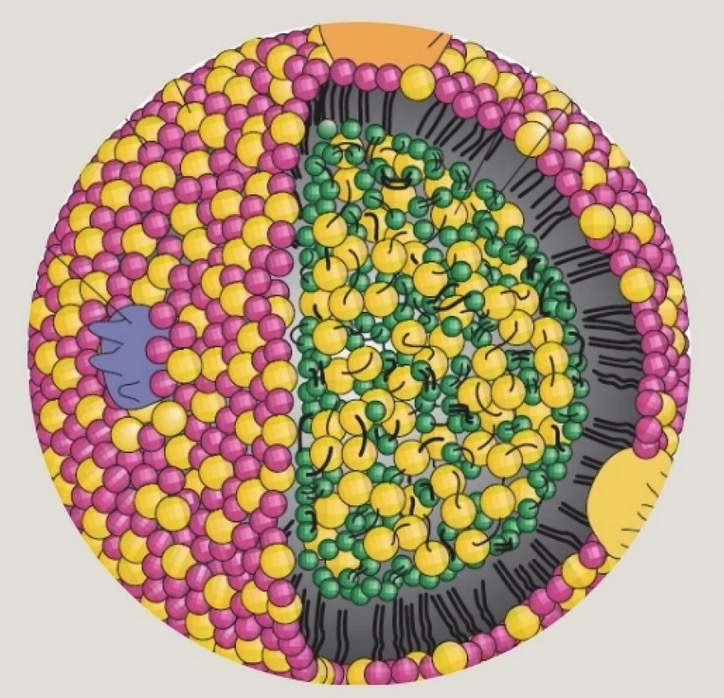Age-related cognitive decline is associated with metabolic, vascular, and inflammatory changes, making it challenging to distinguish primary causes from secondary (downstream) effects. This study demonstrates that brain aging follows a specific progression, with the first stage occurring in middle age and coinciding with increased insulin resistance. Moreover, we show that brain areas that age fastest are also those most vulnerable to neuronal insulin resistance. Importantly, we find that administering ketones, which can fuel neurons while bypassing insulin resistance, reverses brain aging effects. However, this intervention is only effective when provided early enough for neurons to remain viable. These findings contribute to our understanding of brain aging mechanisms and suggest neurometabolic strategies for targeted early intervention in preventing age-related cognitive decline.
Understanding the key drivers of brain aging is essential for effective prevention and treatment of neurodegenerative diseases. Here, we integrate human brain and physiological data to investigate underlying mechanisms. Functional MRI analyses across four large datasets (totaling 19,300 participants) show that brain networks not only destabilize throughout the lifetime but do so along a nonlinear trajectory, with consistent temporal “landmarks” of brain aging starting in midlife (40s). Comparison of metabolic, vascular, and inflammatory biomarkers implicate dysregulated glucose homeostasis as the driver mechanism for these transitions. Correlation between the brain’s regionally heterogeneous patterns of aging and gene expression further supports these findings, selectively implicating GLUT4 (insulin-dependent glucose transporter) and APOE (lipid transport protein). Notably, MCT2 (a neuronal, but not glial, ketone transporter) emerges as a potential counteracting factor by facilitating neurons’ energy uptake independently of insulin. Consistent with these results, an interventional study of 101 participants shows that ketones exhibit robust effects in restabilizing brain networks, maximized from ages 40 to 60, suggesting a midlife “critical window” for early metabolic intervention.
Full Paper - https://doi.org/10.1073/pnas.2416433122
TLDR: dietary glycemic load is bad, and can be seen negatively impacting cognitive ability on a brain scan a decade before symptoms are perceived
If you prefer to listen to the author talk about the paper
https://www.youtube.com/watch?v=iJCl4YQlw_Y
summerizer
New Research Pinpoints Midlife Brain Decline & How to Slow It
In this interview with Dr. Lily Mujica-Parodi and Dr. Kirk Nylen, they explore new research that identifies a critical age window for preventing midlife brain decline. They discuss the roles of metabolic health and ketones in stabilizing brain function, suggesting that insulin resistance may be a key driver of cognitive decline. The experts emphasize the importance of dietary changes, particularly reducing glycemic load, as a preventive measure against dementia and highlight the potential of ketogenic diets to enhance brain health. The dialog also addresses the interplay between diet, exercise, and metabolic processes in maintaining cognitive health into older age.
Key Points
Critical age window for intervention
The research suggests there is a crucial age window, particularly from the mid-40s to the 60s, where improvements in metabolic health can significantly affect brain function. Taking action during this time may prevent or slow cognitive decline.
Insulin resistance and brain health
Insulin resistance in neurons may contribute significantly to cognitive decline as individuals age, similar to insulin resistance in the rest of the body. Addressing this through dietary changes could be a strategy to maintain cognitive health.
Ketones as brain fuel
Ketones, derived from dietary changes like low-carb or ketogenic diets, serve as an alternative fuel source for brain activity when glucose metabolism is impaired due to insulin resistance, potentially reversing cognitive decline effects.
Lifestyle recommendations for prevention
The experts encourage proactive measures such as reducing glycemic load through dietary changes and increasing physical activity early in life, to establish healthy metabolic states that protect brain function.
Importance of biomarkers and monitoring
The discussion highlights the need for early detection of cognitive decline through advanced imaging and biomarkers, suggesting a new approach to preventive care similar to regular health screenings for other medical conditions.

